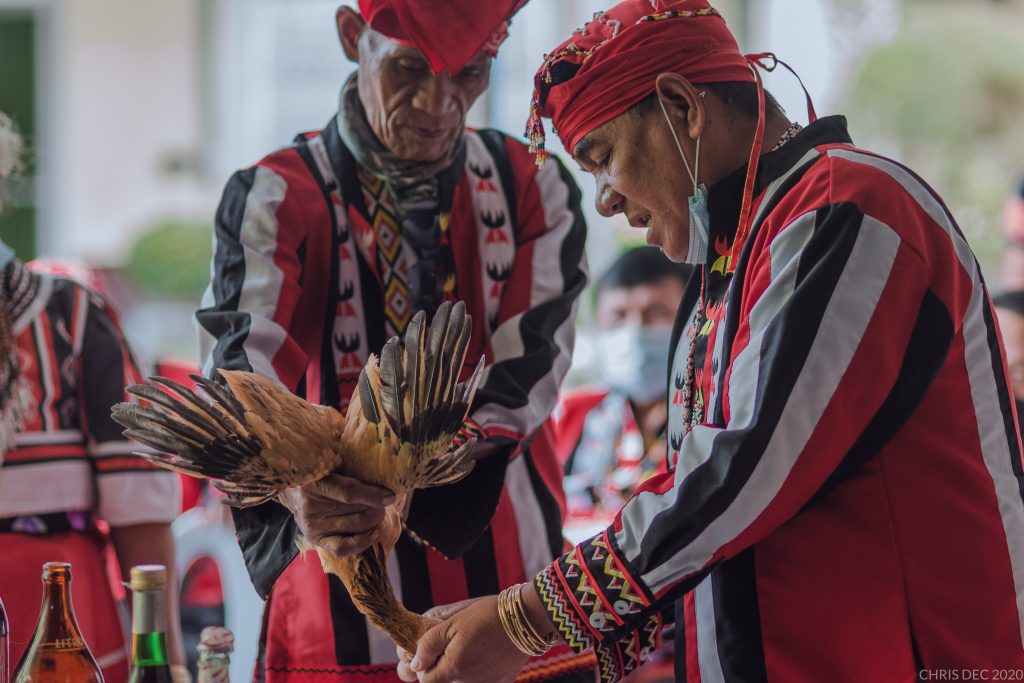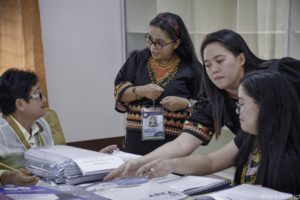











| MALAYBALAY CITY (OP-IPS) The BukSU College of Law offered an elective course called Indigenous Peoples (IP) and the Law in the Juris Doctor non-thesis Program starting Academic Year 2020-2021. IP and the Law is a two-unit subject which analyzes the pre-conquest of many colonial states, including the Philippines, which shows the existence of customary laws practiced by native inhabitants and indigenous systems of government, according to a briefer from the College of Law. This is the first time a course on IP and the Law is offered in the university, which includes “culture-sensitivity” among the core values it promotes to its constituents. The course is relevant for College of Law students especially that indigenous peoples continue to suffer marginalization and displacement in different parts of the world. The course introduces the students in general to the development of international protection for indigenous peoples and; in particular, to the constitutional and domestic framework of protection for indigenous Filipinos. The law course also examines more closely international labor conventions affecting tribal populations, the draft declaration on the rights of indigenous peoples and relevant international law decisions. Portions of the course also paid attention to the New Indigenous People’s Rights Act (IPRA) of 1997, including the landmark decision of Cruz V. Secretary of DENR. The college briefer said they applied a multi-disciplinary approach in the course in order to enlighten the students about the impact of formal legal systems on the property rights and relations of indigenous peoples within their ancestral domains, including their traditional culture and practices. The inclusion of the subject is part of the university’s thrust to integrate cultural-sensitive subjects in the Juris Doctor curriculum. (Contributed material from the College of Law) |

MALAYBALAY CITY (IPS) Members of the AACCUP survey local task force said working in the quality assurance journey of the university has helped them gain more sense


5th Junior High School Completion Ceremony June 20, 2020 9:00 A.M. 3rd Senior High School Graduation Ceremony June 20, 2020 2:00 P.M.
